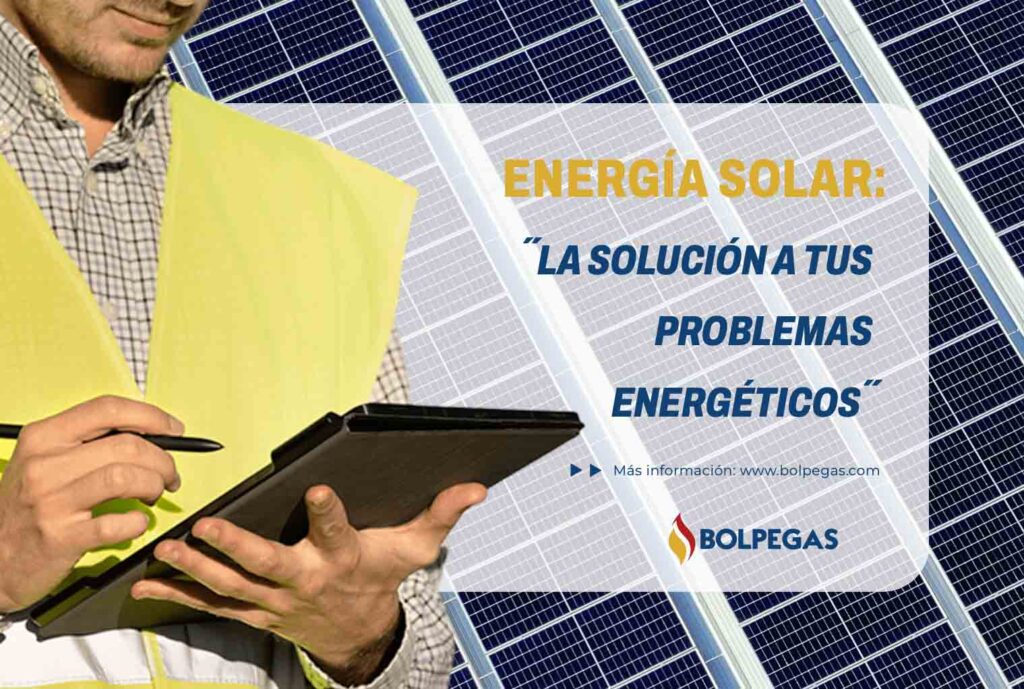Eduardo Novillo Astrada, CEO of Agrotoken, traveled to Santa Cruz de la Sierra, invited by ENERGÍABolivia magazine, to participate in the “Bolivia Blockchain Summit 2024,” highlighting that the tokenization of real assets, such as agricultural commodities and productive land, represents a paradigm shift in the global economy…
ISSUE 134 | 2024
Raúl Serrano
At the “Bolivia Blockchain Summit 2024,” Eduardo Novillo, CEO of Agrotoken, discussed “The Impact of Real Asset Tokenization on the Global Economy,” highlighting the crucial role that blockchain technology is playing in transforming key sectors such as agriculture, renewable energy, and sustainability.
During his presentation, Novillo emphasized that the tokenization of real assets, such as agricultural commodities and productive land, represents a paradigm shift in how tangible goods are managed in the global economy. Agrotoken has succeeded in tokenizing commodities like soybeans, corn, and wheat, creating an infrastructure that allows producers to use these tokens as a stable currency for global transactions.

“Just as tokens can represent money, they can also represent an agricultural commodity (corn, wheat, soybeans, coffee, bananas, etc.)…”
VISA AGROTOKEN
One of the most innovative examples Novillo shared was the use of the Visa Agrotoken card, which allows Argentine and Brazilian producers to make purchases using grains as a payment method anywhere in the world where Visa is accepted. This advancement reinforces Novillo’s vision of a hybrid financial system, where centralized and decentralized finance integrate to offer more inclusive and accessible solutions for all stakeholders, from large financial institutions to small rural producers.
The Agrotoken CEO also highlighted the importance of this technology in regions with unstable economies, where tokenization can serve as a safeguard against inflation and devaluation. In this context, blockchain not only improves traceability and transparency in operations but also facilitates access to financing by using tokenized assets as collateral for loans.
Finally, Novillo underscored Bolivia’s potential in this area, mentioning the enormous opportunity the country has to leverage tokenization in sectors such as renewable energy and natural resource management, positioning itself as a leader in adopting disruptive technologies in Latin America. He also noted the great interest generated among actors in Bolivia’s agricultural sector.
Eduardo Novillo Astrada, former President of the Argentine Polo Association and a renowned player at La Aguada, is now a recognized entrepreneur in New Technologies and CEO of Agrotoken in Argentina. He came to Santa Cruz de la Sierra, invited by ENERGÍABolivia magazine, to participate in the event, drawing significant interest from agricultural and banking sector stakeholders.

ABOUT AGROTOKEN
Agrotoken is a global platform for the tokenization of agricultural commodities. It creates stablecoins collateralized by grains and food products. It is an ecosystem that digitizes the value of grains and allows producers to save, invest, and transact with their production.
According to Novillo, asset tokenization refers to the process of converting real assets into digital ones, thus transforming the property rights of a particular asset into a digital token. In this framework, “Tokenizing” means digitizing a physical or non-digital asset. He explained that just as tokens can represent money, they can also represent an agricultural commodity (corn, wheat, soybeans, coffee, bananas, etc.) and can be part of a “barter” process.

